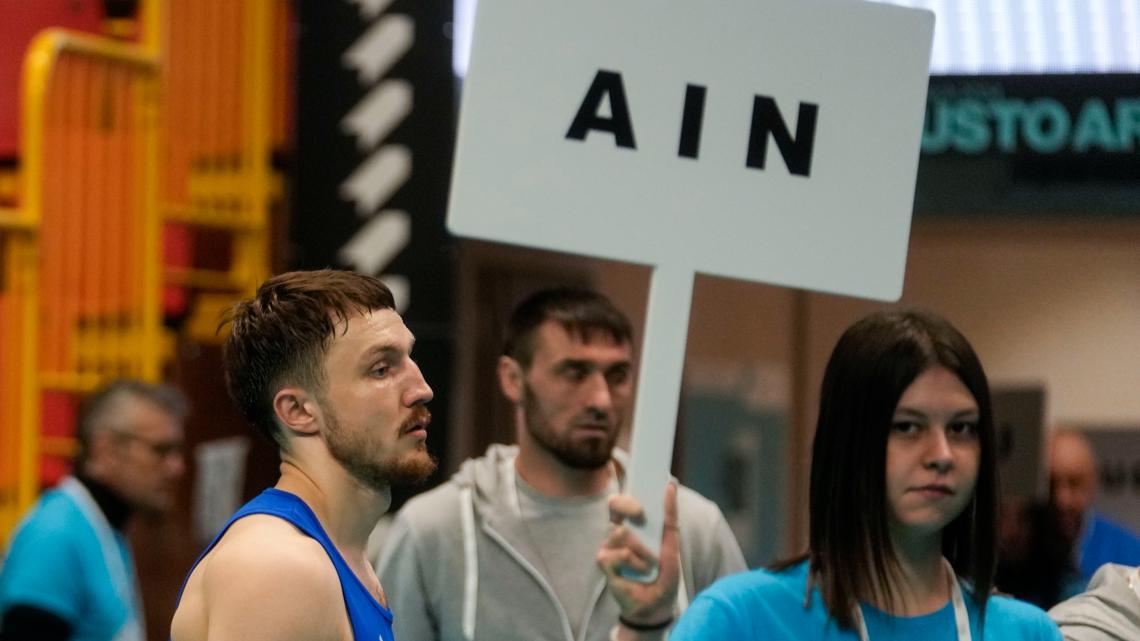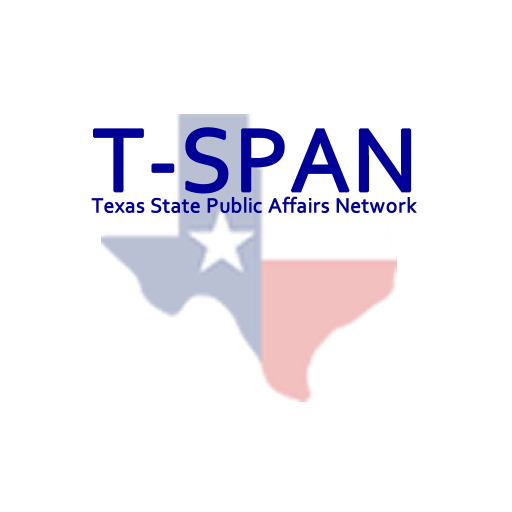Russia and Belarus are banned from team sports, but officials have allowed some individual athletes to compete at the Games separate from their country.
PARIS, France — The Olympics brings together nations from around the world, but in Paris there are some athletes competing that won’t represent any country at all.
After Russia’s invasion of Ukraine in 2022, the International Olympic Committee banned the Russian and Belarusian delegations from the 2024 Paris Olympics.
While the two nations are banned from team sports, the IOC allowed individual athletes to compete at the Games separate from their country. Russians and Belarusians who go through a two-step vetting process will be allowed to compete individually as neutrals for the Summer Games.
Here are answers to questions about neutral athletes at the Paris Olympics.
What does AIN mean?
The IOC country code AIN stands for the French “Athlètes Individuels Neutres,” or “Individual Neutral Athletes.”
There are 32 AINs competing in Paris. To compare, Russia sent 330 athletes and Belarus sent 104 athletes to Tokyo in 2021. Instead there will be 15 athletes with a Russian passport – 7 of which are competing in tennis – and 17 athletes with a Belarusian passport.
No flag, anthem or Opening Ceremony for AIN
The delegation has a separate flag, which is turquoise in color with a circular AIN emblem, and an anthem assigned by the IOC.
There will be no flag, anthem, colors or “any other identifications whatsoever” of Russia or Belarus displayed at any official venue or function, according to an IOC statement.
Considered only individual athletes and not a team, Russian and Belarusian athletes were not part of the Parade of Nations during the Opening Ceremony. The IOC said AIN athletes would have a chance only “to experience the event” — likely watching from near the river.
No Russian or Belarusian government or state officials were invited to the Games.
If any of the neutral athletes were to win a medal, a specially written anthem without lyrics will be played.


Vetting process
Last December, IOC Executive Board members decided individual athletes who already qualified through existing qualification systems would be eligible to compete if they also met another set of strict requirements set by the IOC.
These include requirements that athletes and support staff must not have publicly supported the Ukraine invasion or be affiliated with military or state security agencies.
There have been complaints from Ukrainians that this rule has not been strictly implemented.
Athletes must follow all anti-doping rules.
Russian sanctions
Russian athletes have competed before under other titles.
After Russia was suspended in 2017 due to doping, select competitors were allowed to attend the 2018 PyeongChang Winter Olympics as “Olympic Athletes from Russia.” They were represented by the neutral Olympic flag.
Russians competed in Tokyo and Beijing under the “Russian Olympic Committee,” or ROC, as part of continued doping sanctions, with a separate ROC flag different from Russia’s flag, which was banned from the Games.



